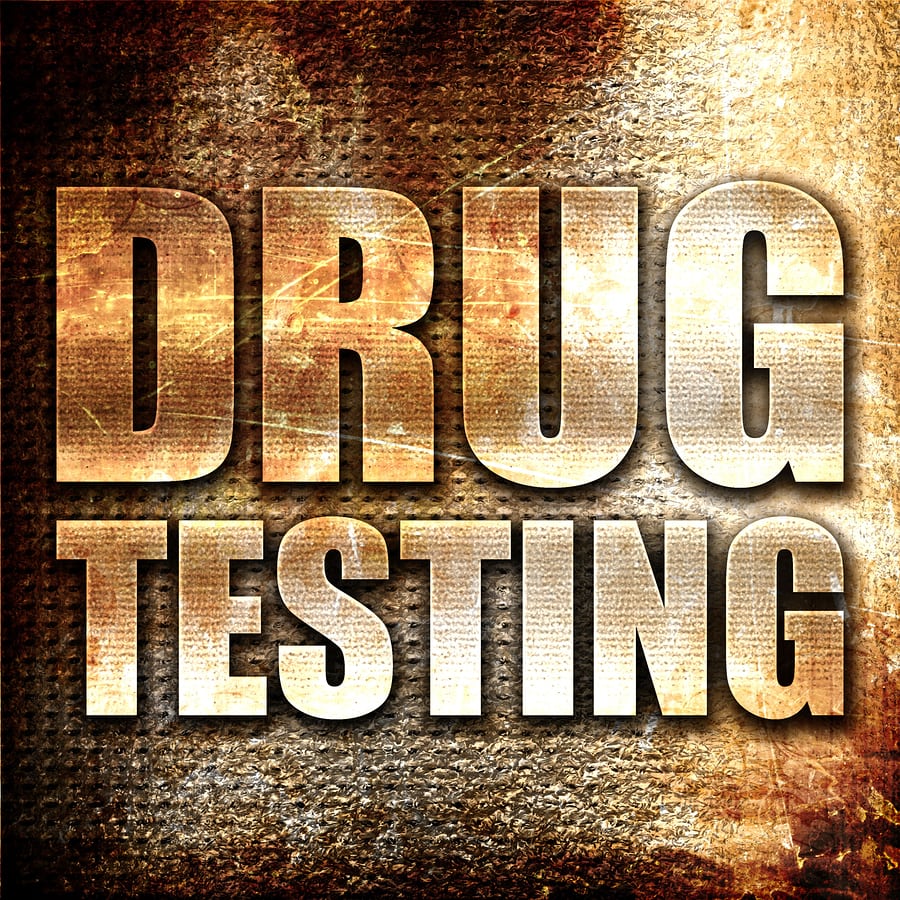Post-accident drug test procedures have recently come under scrutiny by the Occupational Safety and Health Administration (OSHA)
Let’s start this article with basic steps employers need to take to assure compliance with this new regulation as reported in the article by Constangy, Brooks, Smith & Prophete, LLP,
No “blanket” post-accident testing. No effect on random drug testing.
The starting point in addressing the “no discrimination or retaliation” provision is that OSHA will be focusing on an employer’s motivation in implementing its post-accident drug testing policy. The new regulation, therefore, has no effect on random drug testing. But if OSHA determines that the intent of an employer’s post-accident policy is to deter or discourage the reporting of work-related injuries or illnesses, then OSHA is likely to issue a citation seeking to eliminate an employer’s continued use of such a policy.
Drug-Free Workplace policies and other state workers’ compensation laws designed to discourage drug use
In sum, adopting a DFWP policy in order to reduce insurance premiums is not retaliatory and therefore seems permissible under §1904.35(b)(1)(iv), even though employers are not literally required by state or federal law or regulation to implement drug-free workplaces. Because the motivation to take advantage of state DFWP statutes is to reduce insurance premiums or workers’ compensation losses, such policies are likely to be viewed by OSHA as compliant.
Post-accident or -injury “reasonable suspicion” testing
Even in the absence of a Drug Free Workplace post-accident or -injury policy or workers’ compensation benefit for the employer, the law firm believes it would still be permissible to conduct post-accident drug testing if, as OSHA states, employee drug use is “likely to have contributed to the incident.”
“Reasonable possibility” testing
OSHA offers a few examples in which the Agency states that post-accident drug testing would be allowed even in the absence of reasonable suspicion. For example, if an employee is injured as a result of failing to lock out equipment that is being serviced or an employee drives a forklift into a wall, post-accident drug testing for such cases may be allowed.
Bill Current from Current Consulting Group suggests the following additional steps :
- Review your policy – post-accident policies should be reviewed and updated to ensure the language cannot be construed as “blanket” and therefore be presumed to be retaliatory and deter or discourage reporting.
- Review your state laws – we know state laws can be a part of an employer policy as well as the enforcement of post-accident or post-injury. Many states have laws that apply to employers in that state. Adherence to state Drug Free Workplace and state worker’s compensation laws will not change and OSHA will not find a violation of 1904.35 (b)(1)(iv) when post-accident testing is performed in compliance with these laws.
- Consider training on post-accident “reasonable suspicion” for your supervisors and managers and review your reporting procedures to streamline the process making reporting easier for employees. Remember, under OSHA drug test only when impairment could be a contributing factor so training and documentation is critical.
- Continue to monitor the issue for clarification on the final ruling from OSHA.
Background on the regulation
A recent article from the law firm of Constangy, Brooks, Smith & Prophete, LLP, reports that the Occupational Safety and Health Administration will begin enforcing its new regulation requiring employers (1) to have a “reasonable procedure” for employees to report work-related injuries and illnesses, and (2) not to discriminate or retaliate against employees who report such injuries or illnesses. The rationale for these new requirements is that employees should not be discouraged or punished in any way for exercising their right under the Occupational Safety and Health Act to report a work-related injury or illness.
OSHA is issuing a final rule to revise its Recording and Reporting Occupational Injuries and Illnesses regulation. The final rule requires employers in certain industries to electronically submit to OSHA injury and illness data that employers are already required to keep under existing OSHA regulations. The final rule also amends OSHA’s recordkeeping regulation to update requirements on how employers inform employees to report work-related injuries and illnesses to their employer. The final rule requires employers to inform employees of their right to report work-related injuries and illnesses free from retaliation; clarifies the existing implicit requirement that an employer’s procedure for reporting work-related injuries and illnesses must be reasonable and not deter or discourage employees from reporting; and incorporates the existing statutory prohibition on retaliating against employees for reporting work-related injuries or illnesses. The final rule also amends OSHA’s existing recordkeeping regulation to clarify the rights of employees and their representatives to access the injury and illness records.
This final rule becomes effective on January 1, 2017, except for §§ 1904.35 and 1904.36, which became effective on August 10, 2016. Collections of information:
The United States Department of Labor has a web page that answers many questions about the new regulation. The starting point in addressing the “no discrimination or retaliation” provision is that OSHA will be focusing on an employer’s motivation in implementing its post-accident drug testing policy.



